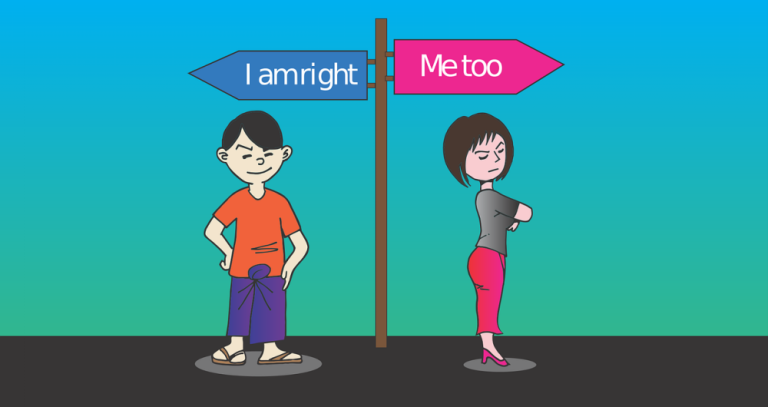Pandemic Perspectives: Almost half of Pennsylvanians’ views on Covid rules remain unchanged 2 years on, reveals study.
Pennsylvania. Although one in three have lost friends due to disagreements over Covid rules, 61% think if there were to be another pandemic, Americans would be more divided on ways of dealing with the virus in terms of related regulations.

When news first emerged about a deadly airborne virus that was quickly spreading around the world, one would have thought that any divisions would be cast aside, and Americans would unite to combat a common threat. Instead, what transpired was that Covid, and more specifically how to manage it, became a political dogfight, whereby even wearing a mask represented a political statement.
And now, after 1 million deaths, months of squabbling over stimulus aid, street protests, vaccine mandates, chronic supply problems, compulsory mask wearing, and enforced social distancing, two years of national infighting has not moved the needle for almost half of Americans. That is, according to a recent study by MyBioSource.com, a biotechnical products distribution company, who questioned 3,442 people. They asked (now with the benefit of hindsight) whether their views on Covid rules and regulations have shifted over time, or whether they have remained the same.
The survey found that overall, almost half (48%) of Pennsylvanians said their opinions about Covid rules and regulations have remained the same. However, the same study did reveal that there was a slight shift towards supporting the official regulations and how the pandemic was managed – 32% stated that they are now more in agreement with the restrictions that were implemented than they were before, compared to 20% whose views have shifted the other way. When averaged out, this represents an 8% overall swing towards supporting the rules that were imposed.
Perhaps the survey’s findings are not that surprising. A new study in the Proceedings of the National Academy of Sciences of the United States of America, explained that political polarization can become irreversible. Instead of uniting against a common enemy, “the threat itself becomes yet another polarizing issue.”
The survey also revealed interesting results by location. While a sizeable proportion of states views’ on Covid regulations have remained the same, thirteen have leaned more towards supporting how the pandemic was managed. These thirteen include what can be considered more liberal states, such as California and New York, but also included some surprises including Indiana and South Carolina.
When these figures were broken down by state, Alaska had the highest percentage swing of any state in their opinion towards covid regulations since the start of the pandemic, as 57% of respondents in Alaska said they are now more in support of Covid rules which were implemented, compared to at the beginning of the pandemic. On the other hand, 14% said their views have changed to being more opposed to these regulations, while 29% of Alaskans had opinions which still remain unchanged.
The results showed that almost 1 in 3 people surveyed have lost friends or become more distant with them over the past two years of the pandemic, due to disagreements over covid rules and regulations. In casual social gatherings with friends or family members, or over afterwork drinks with colleagues, these kinds of topics can become particularly divisive if members of the party feel particularly strongly about their view. Perhaps this could be why 36% say they avoid talking about covid-related topics in social settings, in order to avoid the risk of getting into arguments.
And in a sign that Covid is no longer seen as a priority for many Americans, 60% of those surveyed hold the opinion that work and public spaces should no longer maintain strict protocols and regulations. Indeed, there are no more truckers stopping traffic to protest restrictions, most airlines have dropped their mask mandates, and even people living in more urban liberal areas no longer adhere to strict social distancing measures as they once did.
Another study conducted at the start of the pandemic in April 2020, discovered that 45% of people surveyed felt the coronavirus pandemic was the top issue faced by Americans at the time. Before the Delta variant hit, last summer, around 8% still thought the virus was the top issue. However, a new poll this year found this figure to be the lowest since: just 3% of Americans thought the pandemic was the biggest issue facing America today.
Perhaps worryingly, 61% of people questioned by MyBioSource.com said they think if there were to be another pandemic, Americans would be more divided on ways of dealing with the virus in terms of related regulations.
‘Having experienced such a huge-scale shift in daily routine, work, school and social behaviors, there were bound to be topics which people found contentious, with multiple opinions on rules and regulations affecting peoples’ everyday lives,’ said a spokesperson for MyBioSource.com. ‘It is interesting that such a significant portion of people have altered their views positively towards these topics since the start of the pandemic, which suggests that many are willing to comply more readily. This could have to do with things like the emergence of new scientific research throughout the pandemic; personal loss; or even individual cases, whereby people became aware of the harsh reality of the virus.’
You can find the study results here.
It is interesting that such a significant portion of people have altered their views positively towards these topics since the start of the pandemic, which suggests that many are willing to comply more readily. This could have to do with things like the emergence of new scientific research throughout the pandemic; personal loss; or even individual cases, whereby people became aware of the harsh reality of the virus.- spokesperson for MyBioSource.com